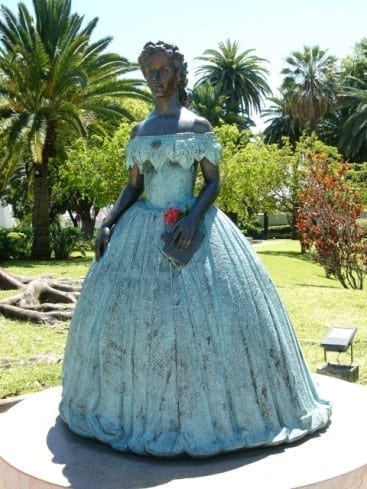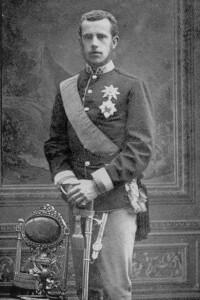What Illness Did Sisi Suffer From? What changed during her absence from the Viennese court? What happened to their only son Rudolf?
The potential of Elisabeth , which lay in her appearance and her natural character, was of great advantage to Emperor Franz Joseph during state visits . Everywhere Elisabeth received a lot of warmth and sympathy from the people. Everyone was curious to see the beautiful Empress.
In the Hofburg in Vienna, Sisi was deeply depressed and could not adapt to the stiff and cool atmosphere at the imperial court. She became ill, which manifested itself in cough, fever and melancholy . A change of location was announced.
Sisi loved her Franz Joseph dearly, but she suffered from his pathological sense of duty and his emotional coldness. His numerous infidelities are also likely to have left their mark on her.
In 1860 she went on long journeys to Madeira and Corfu to cure the officially diagnosed pulmonary tuberculosis. In 1862, at the urging of the court, she reluctantly returned to Vienna. During this time she began to mature and become aware of her “power”.
The change to a self-confident young empress
Elisabeth as a self-confident young empress
Sisi returned to the Viennese court visibly changed. The shy young woman had become a self-confident and strong personality who now dictated her specifications.
At first she demanded separate bedrooms, which was rather unusual at the Viennese court. The upbringing of Crown Prince Rudolf was the next point of discussion . She made sure that he received a bourgeois-liberal education instead of a military-oriented education.
Her beauty was in full bloom and Franz Joseph was completely addicted to her, which might not have been the case the other way around. Nevertheless, the relationship consisted of a lot of respect and trust, as the following excerpt from a biography shows:
“Even if you were quite angry and annoying, I still love you so infinitely that I cannot be without you.” From a letter Franz Joseph wrote to Elisabeth. quoted from: Conte Corti, Egon Caesar: Elisabeth. The Strange Woman, Vienna 1942, p. 163
The ultimatum because of Rudolf’s strict upbringing
Crown Prince Rudolf (1858-1889)
Crown Prince Rudolf was considered extraordinarily talented and intelligent . At the age of five he already spoke four languages (German, Hungarian, Czech and French). His physical condition was rather sickly and anxious. In addition, he was very supportive.
From the age of 6 he was separated from his sister Gisela and given a male tutor, Count Gondrecourt . He was supposed to toughen him up using “military methods”. He occasionally woke Rudolf with gunshots and made him drill for hours in rain and cold, causing the child to become increasingly ill. Eventually Sisi intervened and issued an ultimatum: Gondrecourt had to go or she would leave the court in Vienna.
Rudolf received a more liberal upbringing from Colonel Latour . He recovered his health, received an extensive education, and grew into an educated young man. Nevertheless, the deficits of childhood caught up with him again and again and his life came to a tragic end.
Tip from Sisi’s Amazing Journey: There are many memorial sites for Empress Elisabeth in Vienna. The statue in the Volksgarten is a nice place to put yourself in the life of the unfortunate empress. Completely lonely and hidden, she sits on the far left of the entrance to Josef-Meinrad-Platz.







